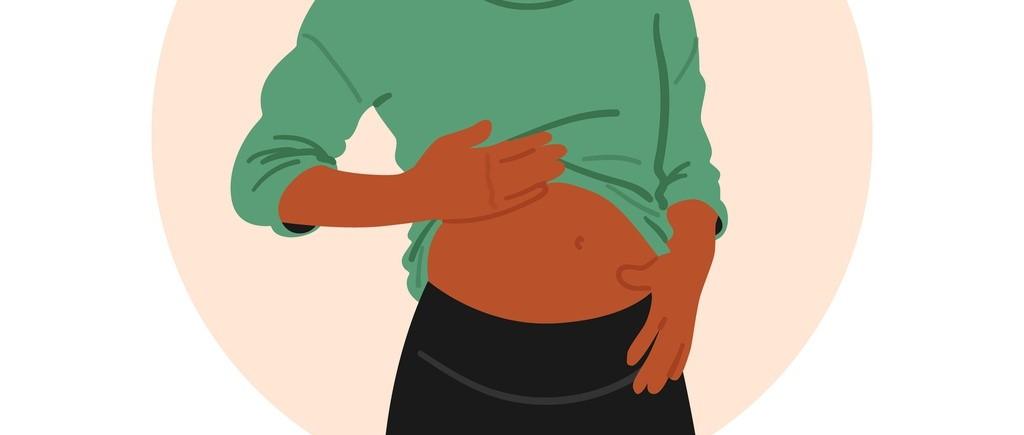
Women 'not warned' about side effects of treatment to remove precancerous cervical cells
Peer reviewed by Milly EvansLast updated by Milly EvansLast updated 10 Jun 2019
Meets Patient’s editorial guidelines
- DownloadDownload
- Share
- Language
- Discussion
New research suggests that women are not being informed about the potential side effects of treatment for abnormal cells following a cervical smear test.
Jo's Cervical Cancer Trust has released new research highlighting that women are not being well informed by healthcare professionals about potential side effects when undergoing treatment for cervical cell changes. One in five women surveyed said that the impact of treatment was not explained to them.
Despite the vast majority (86%) experiencing bleeding or spotting in the six weeks after the procedure, only 15% were aware of this side effect. Particularly concerning is that less than one in ten (9%) of participants were told about potential changes to their sex life, even though 46% experienced a loss of desire and 33% experienced pain during or after sex post-treatment. Nearly three in four (71%) said that they experienced anxiety as a side effect and yet only 6% were made aware of this possibility.
It is crucial to note that cervical cell changes are common, with 220,000 women a year diagnosed in the UK following a routine cervical smear test. There is a 90% success rate for treatment to prevent the cells developing into cervical cancer. It is important to attend your smear test, when sent an invitation, in order to detect abnormal cells and treat them before they can become cancerous.
The research also suggests that the side effects could be more long-lasting than patients are told. A third are still experiencing pelvic pain, despite the side effect being anticipated to last 1-2 days. Many women who are over a year post-treatment still report psychological problems like anxiety (72%), depression (67%) and fear of cancer (75%).
Many women also had misconceptions about the treatment, with almost half (45%) fearing miscarriage or concerns about their fertility following the procedure, despite there being no increased risk for the majority of women. Only 24% reported having a conversation about this prior to treatment. 86% of respondents named a recurrence or a future cervical cancer diagnosis as their main fear, despite most not going on to experience this, and yet only 16% felt informed about their risk of cancer.
Stigma and misunderstanding around HPV was prominent, with women feeling 'dirty', 'ashamed' and 'insecure'. As testing moves towards HPV testing in cervical screening, this problem is likely to grow.
Rebecca Shoosmith, head of support services at Jo's Trust said: "While for many women diagnosis and treatment are relatively straightforward, it is clear that for others it is the opposite. The psychological impact can be significant and feeling uninformed will only add to women feeling less able to seek support."
Nevertheless, only 4% of respondents said they wished they hadn't had treatment. Jo's Trust encourages healthcare professionals to talk with patients before and after treatment to help them understand the procedure so that they can manage any side effects.
Dr Tracie Miles, specialist cancer information nurse at gynaecological cancer charity The Eve Appeal said: "At Ask Eve [the charity's telephone support line], we often receive enquiries from women about their colposcopy treatment appointments for cervical smear changes. These enquiries come (understandably) from a worried cohort of women who want information support to reassure them. This is where Jo's Trust comes in, as well as talking to these women we always refer them to the superb information provided by Jo's Trust. We encourage all women to attend their screening and treatment appointments. This is absolutely vital to enable the programme to continue to save lives."
The research is published on the Jo's Cervical Cancer Trust website.
Patient picks for Gynaecological cancer

Cancer
Spotting the signs of ovarian cancer: why acting early matters
In the UK, thousands of women are diagnosed with ovarian cancer only after reaching emergency care. Alarmingly, just one in three cases is identified at the earliest stages - when treatment is most effective. We sat down with Jo Stanford, Health Projects Manager and spokesperson for Ovarian Cancer Action, to discuss why so many women are still diagnosed late, the symptoms that should raise concern, and the steps to take if something doesn’t feel right.
by Victoria Raw

Cancer
Do you know the early signs of ovarian cancer?
Just one in five women realise bloating is a symptom of ovarian cancer. Early diagnosis makes the disease easier to treat, so it's important to be aware of the signs.
by Amberley Davis
Continue reading below
Article history
The information on this page is peer reviewed by qualified clinicians.
10 Jun 2019 | Latest version

Ask, share, connect.
Browse discussions, ask questions, and share experiences across hundreds of health topics.

Feeling unwell?
Assess your symptoms online for free
Sign up to the Patient newsletter
Your weekly dose of clear, trustworthy health advice - written to help you feel informed, confident and in control.
By subscribing you accept our Privacy Policy. You can unsubscribe at any time. We never sell your data.